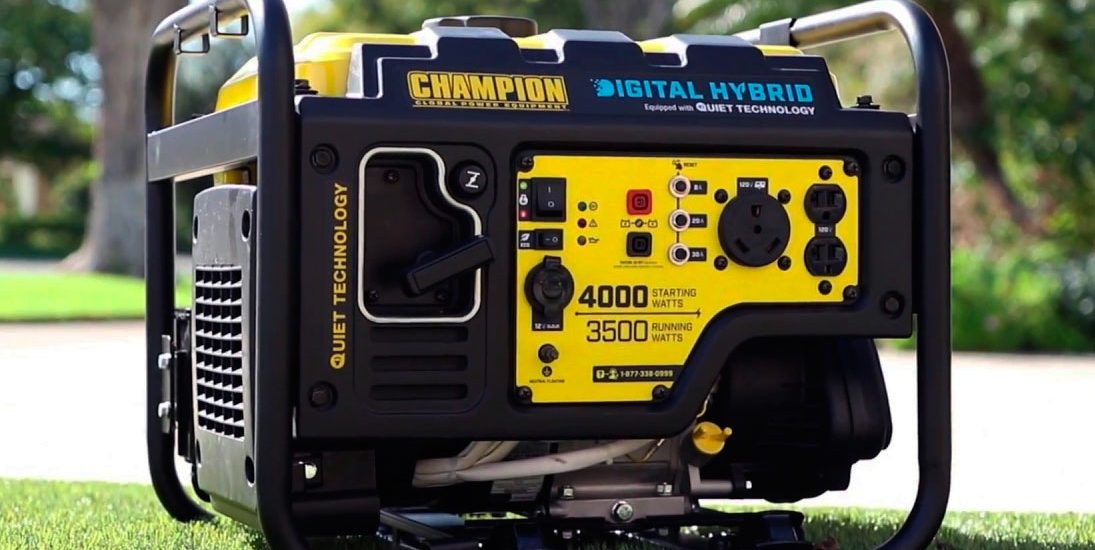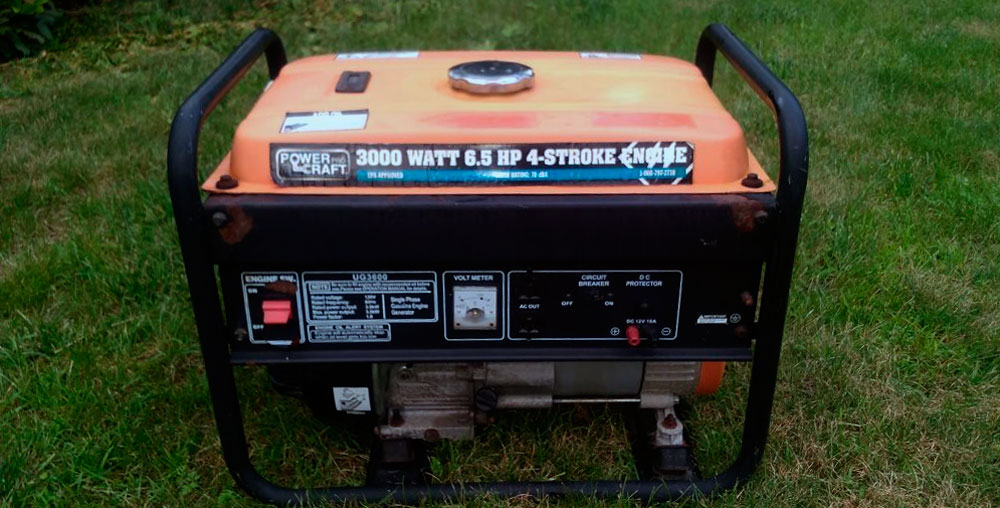- Posted by: Ulirvori.New
- Category: Ancillary Tools

It’s a question that homeowners ask themselves when they are preparing for bad weather. If you’re one of those people, then this blog post is for you! We will walk through what size generator do I need to run my whole house? There are many factors that come into play including your home size and the type of appliances you want to power. In order to get a good answer, we recommend contacting an electrician or consulting with your local hardware store.
Which generator size to choose?
You’ll need a generator. But which size? It depends on how many outlets you want to power and the length of time the outage is expected to last. Generators come in different sizes from mini-generators for your RV or boat, all the way up to large generators that can provide backup electric service for an entire home.
The generator size you need is determined by the number of watts it can produce, and how many hours it will power before needing to be refueled. Large home with a well-insulated roof may require a 30 kilowatt (kW) generator that has enough fuel to last for up to 12 hours or more without interruptions in service.
Smaller generators, such as a 20 kW generator that can power up to 15,000 watts of electrical equipment for about eight hours at a time, are most often used in situations where fuel isn’t readily available or when it’s more cost-effective for the homeowner to rent rather than purchase one. These smaller generators are typically found on construction sites and in locations where power interruptions are infrequent.
A 15 kW generator is typically the minimum size needed to provide backup service for a home with standard appliances and up to three air-conditioning units, or about 13,500 watts of electrical equipment capacity. This generator will produce enough power for six hours before needing fuel; however, it will not be able to power air-conditioning units.
What appliances will a 3000-watt generator run?

A 3000-watt generator is capable of running many different appliances, but not all, check here the best models. Knowing what will power up with a generator can help you plan for the next time disaster strikes and you need to keep your home lit, warm and functioning without electricity! In order to figure out how much wattage an appliance requires, look at the label on it – if there isn’t one then check online or in a manual. Keep in mind that some appliances are more efficient than others so they may require less watts than other things like lights. Here’s a list of common household items and how many watts they use:
A 3000-watt generator will be able to run the following items:
- Refrigerator* (24 hours).
- Dishwasher* (48 minutes).
- Washer and dryer combo *(36 minutes each).
- One ceiling fan or one table fan on low speed* (14 hours).
- A lamp* (11 hours).
How loud is a 3000-watt generator?
3000-watt generators are very quiet. They operate at a noise level of 52 dB which complies with OSHA standards for occupational safety and health in general industry. The standard specifies that an employee cannot be exposed to more than 90 dB for longer than eight hours per day without hearing protection. For comparison, people typically hear sounds up to 60 dB without any damage to their hearing.
3000-watt generators produce about as much noise as a refrigerator running in the kitchen while you sleep upstairs (about 45 dB). A conversation can be held on either side of the generator with normal voice levels and still not interrupt what’s happening on the other side of the generator. The only downside to using 3000-watt generators is they’re not very portable.

